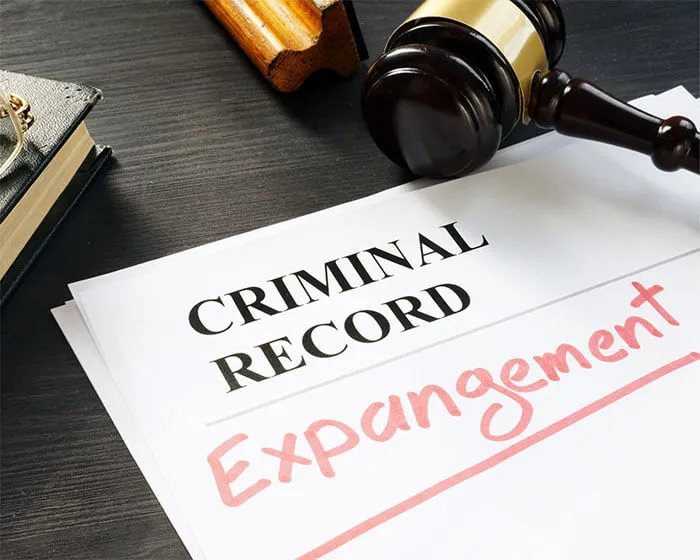Eastern Shore Drug Charges: Britt Criminal Defense Firm’s Expert Advocacy

In the serene landscapes of the Eastern Shore, a community often perceived as tranquil, the unexpected can occur, including facing drug-related legal challenges. When individuals find themselves entangled in the complexities of Eastern Shore drug charges, having an expert legal defense becomes paramount. Britt Criminal Defense Firm, a stalwart in legal advocacy, stands as a beacon of hope for those navigating these turbulent waters.
Understanding the Eastern Shore’s Legal Landscape
The Eastern Shore, with its picturesque vistas, has stringent drug laws. Being caught in possession or distribution can lead to severe consequences. Britt Criminal Defense Firm understands the local legal nuances and offers strategic legal counsel tailored to the Eastern Shore’s specific regulations. Their expertise encompasses a wide array of drug offenses, from possession to trafficking, ensuring comprehensive defense strategies for their clients.
Expertise Beyond Defense: Holistic Legal Support
Britt Criminal Defense Firm’s approach goes beyond conventional defense. They provide holistic legal support, addressing not only the immediate legal concerns but also the long-term implications. Their experienced attorneys delve into the specifics of each case, understanding the unique circumstances surrounding the charges. With personalized attention, they craft defense strategies that challenge evidence, question procedures, and protect the rights of the accused.
Advocacy Rooted in Experience
Britt Criminal Defense Firm’s advocacy is rooted in experience. Their seasoned lawyers bring years of expertise to the table, having successfully defended numerous clients against Eastern Shore drug charges. They understand the prosecution’s tactics, enabling them to anticipate moves and counter effectively. This knowledge, combined with their dedication to justice, forms the backbone of their defense, ensuring the best possible outcome for their clients.
Navigating the Legal Process: From Arrest to Resolution
Facing drug charges can be overwhelming. The Britt Criminal Defense Firm simplifies the legal process for their clients, guiding them from arrest to resolution. They explain the legal proceedings, potential consequences, and available defense strategies in clear, understandable terms. This transparency empowers clients, allowing them to make informed decisions about their case.
Shielding Futures, Upholding Rights
In the face of Eastern Shore drug charges, the Britt Criminal Defense Firm emerges as a steadfast protector of rights and futures. Their expert advocacy shields individuals from the harsh legal repercussions of drug-related accusations. With a combination of legal acumen, dedication, and a profound understanding of the Eastern Shore’s legal intricacies, they stand as guardians of justice, ensuring that every accused individual receives a fair chance at defense.
For anyone facing drug charges on the Eastern Shore, the Britt Criminal Defense Firm offers not just legal representation but a lifeline. Their commitment to expert advocacy, combined with compassionate understanding, transforms legal battles into navigable waters. If you or someone you know is grappling with drug charges, remember that expert help is at hand. Reach out to Britt Criminal Defense Firm and let their expertise be your shield against legal storms.
Your Defense Starts here.
If you are facing Eastern Shore drug charges, your defense journey begins with a call. 443-944-5705 Contact the Britt Criminal Defense Firm today for a consultation. Let our experienced attorney James L. Britt guide you through the legal complexities, providing expert advocacy that can safeguard your future. Don’t face these charges alone; let Britt Criminal Defense Firm be your steadfast legal partner.
Your rights, your future – We are here to protect You.
FAQ
Q1: What are the potential consequences of drug charges on the Eastern Shore?
A: Drug charges on the Eastern Shore can lead to serious penalties, including fines, probation, and imprisonment. The severity of the consequences depends on the nature of the offense, the quantity of drugs involved, and the defendant’s criminal history.
Q2: Can a defense attorney help reduce the charges or penalties?
A: Yes, a skilled defense attorney can assess the case, challenge evidence, and identify legal defenses that might lead to reduced charges or penalties. They can negotiate with the prosecution, potentially resulting in plea bargains or alternative sentencing options.
Q3: How long does the legal process for drug charges typically take on the Eastern Shore?
A: The duration of legal proceedings can vary widely based on the complexity of the case, court caseload, and negotiations between the parties involved. Some cases may be resolved relatively quickly, while others might take several months or even years to reach a resolution.

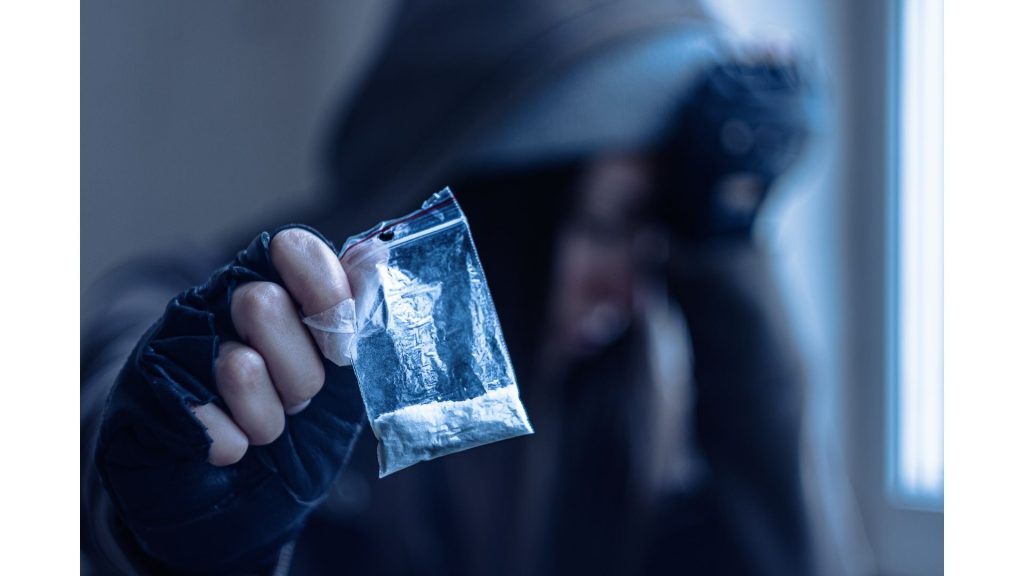

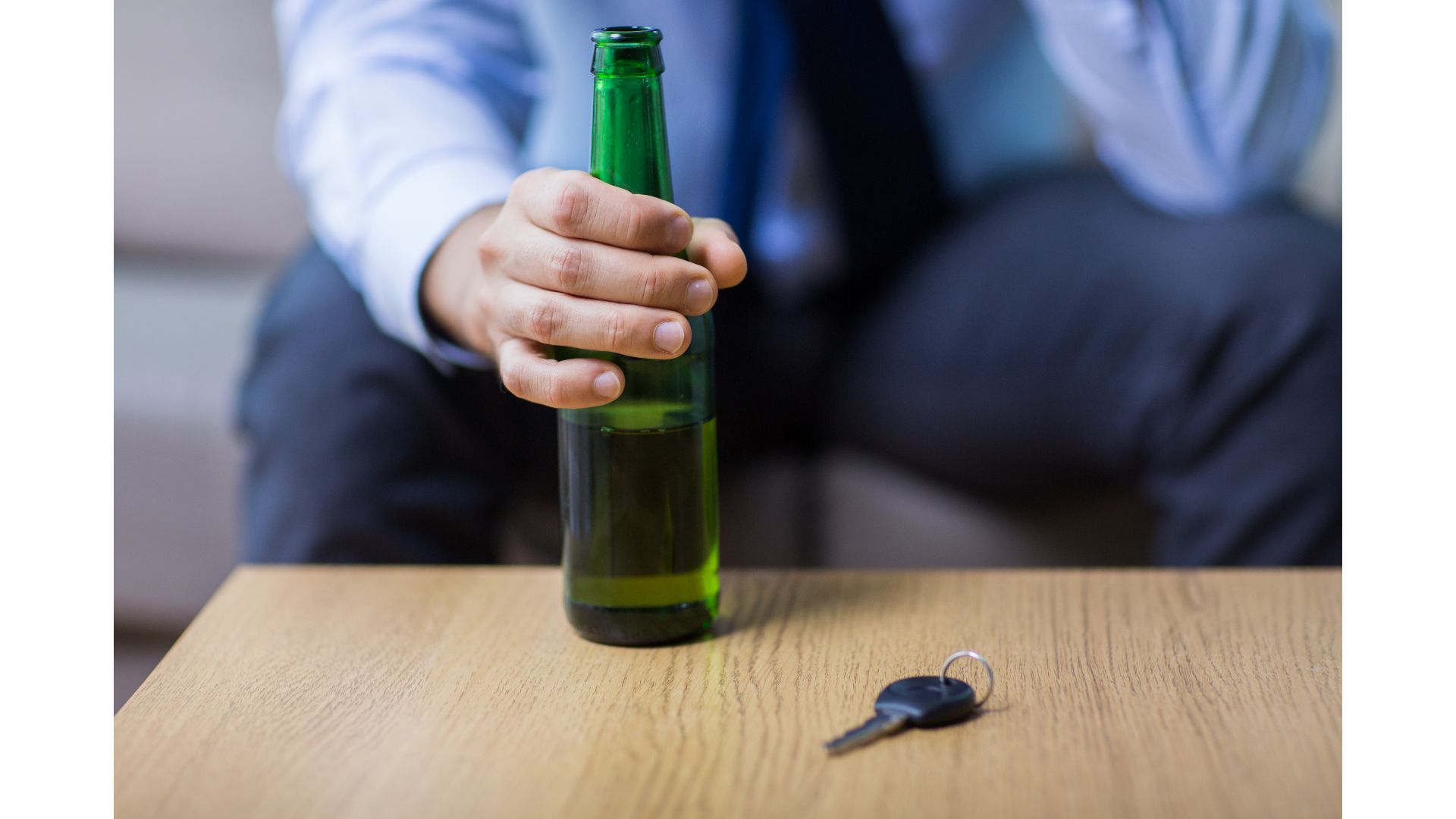


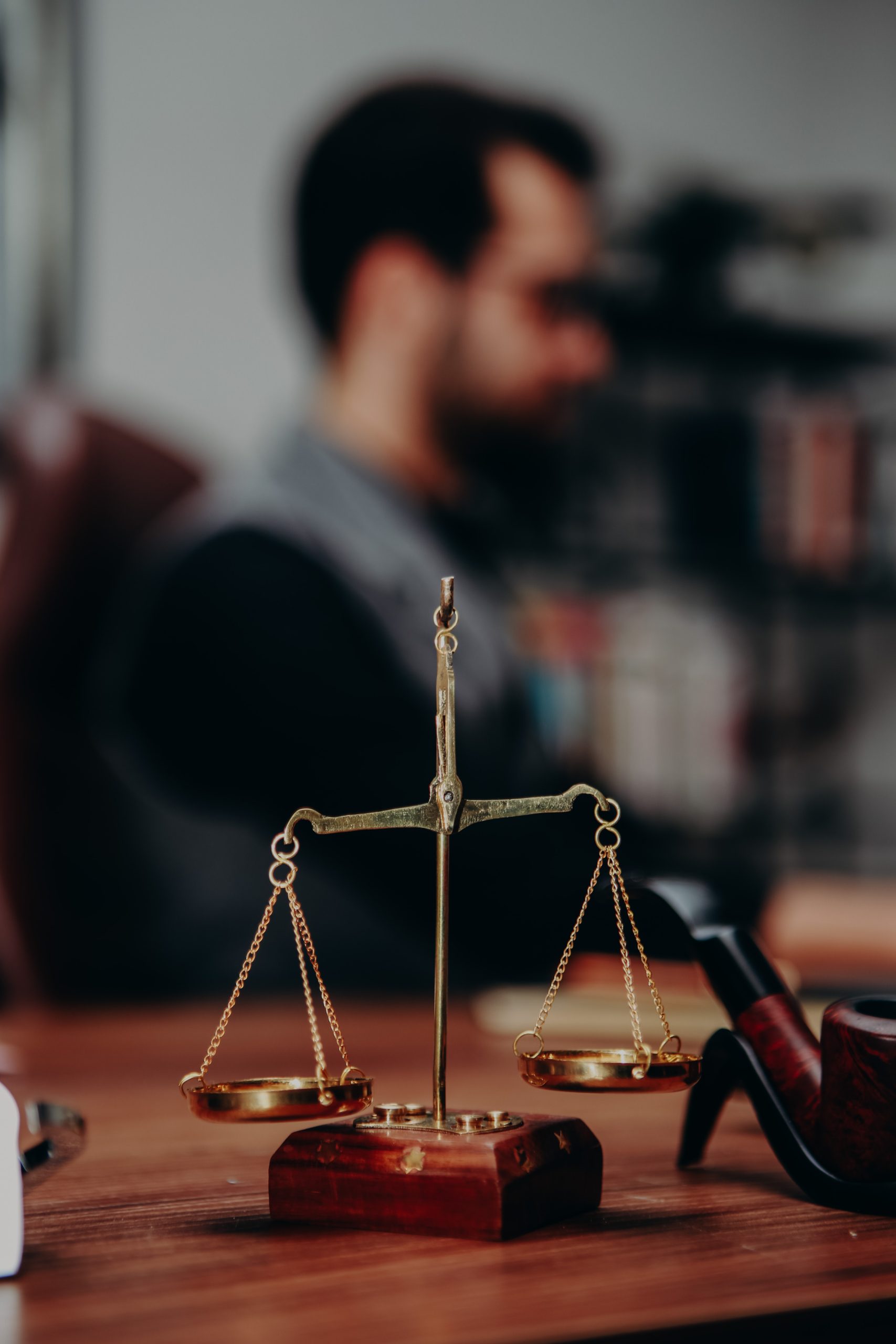
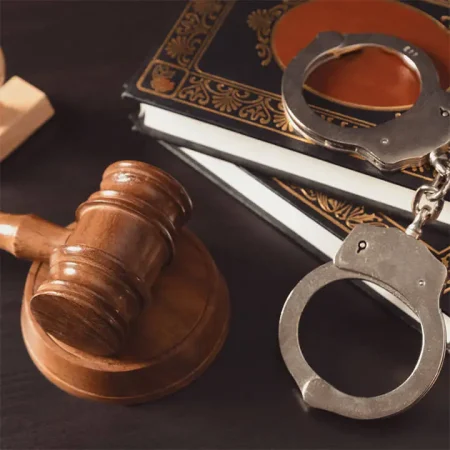
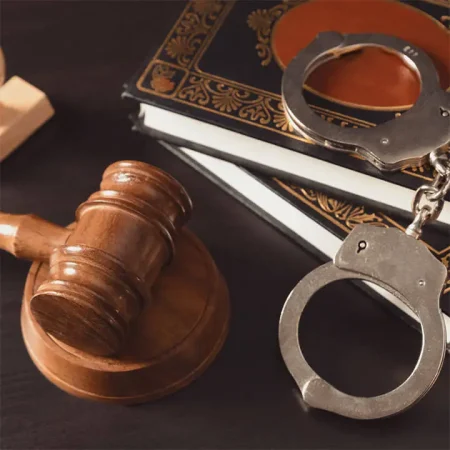 Understanding the Complexities of
Understanding the Complexities of 